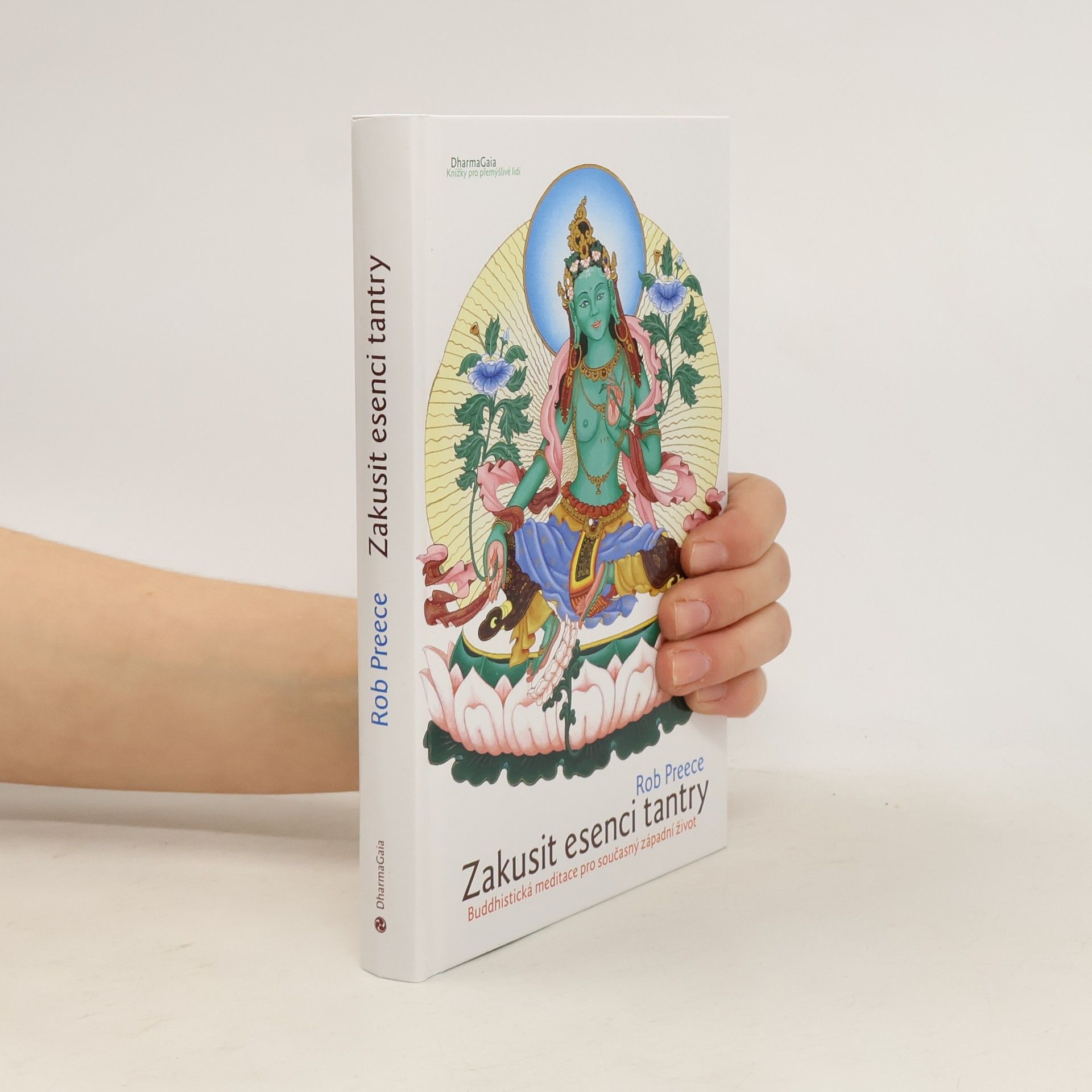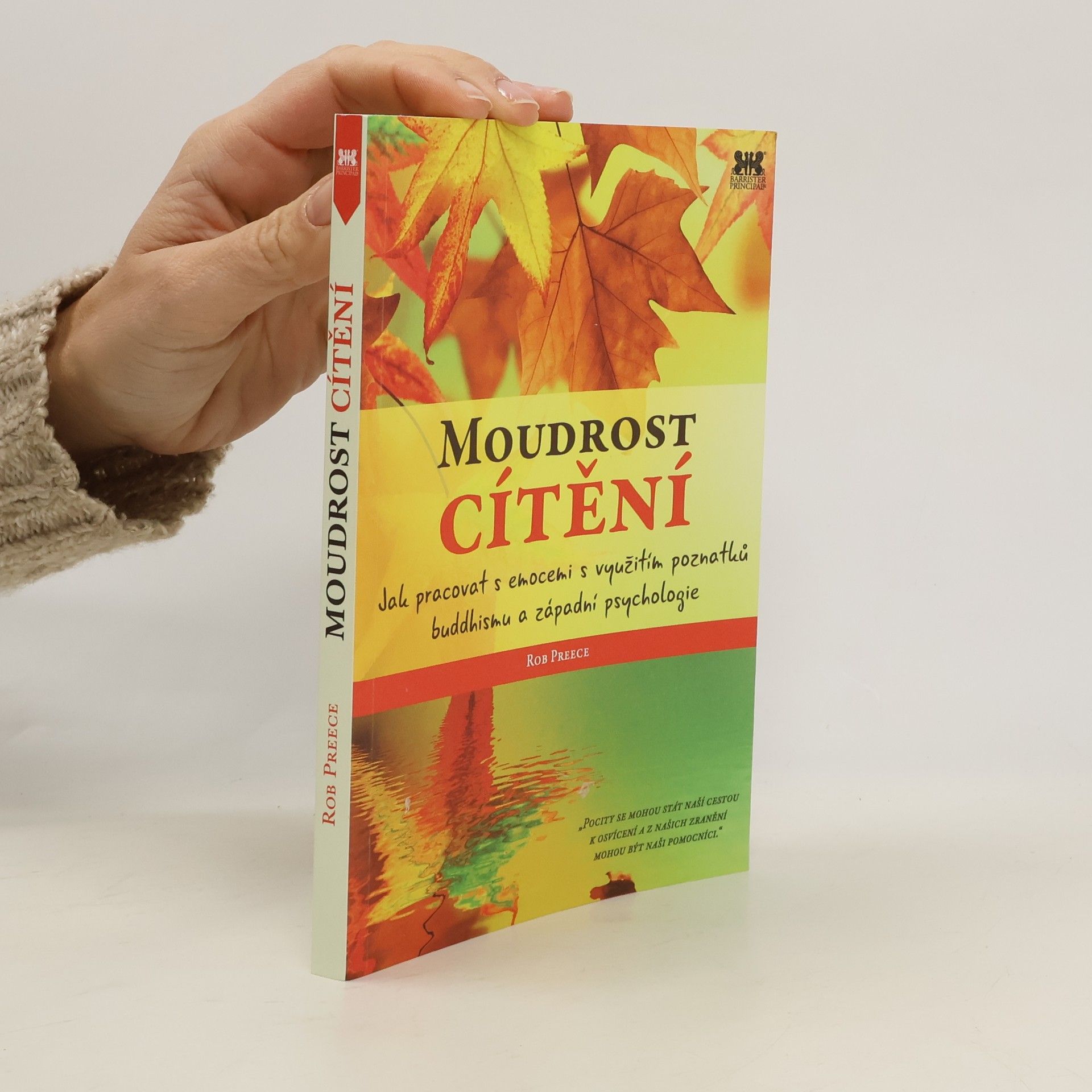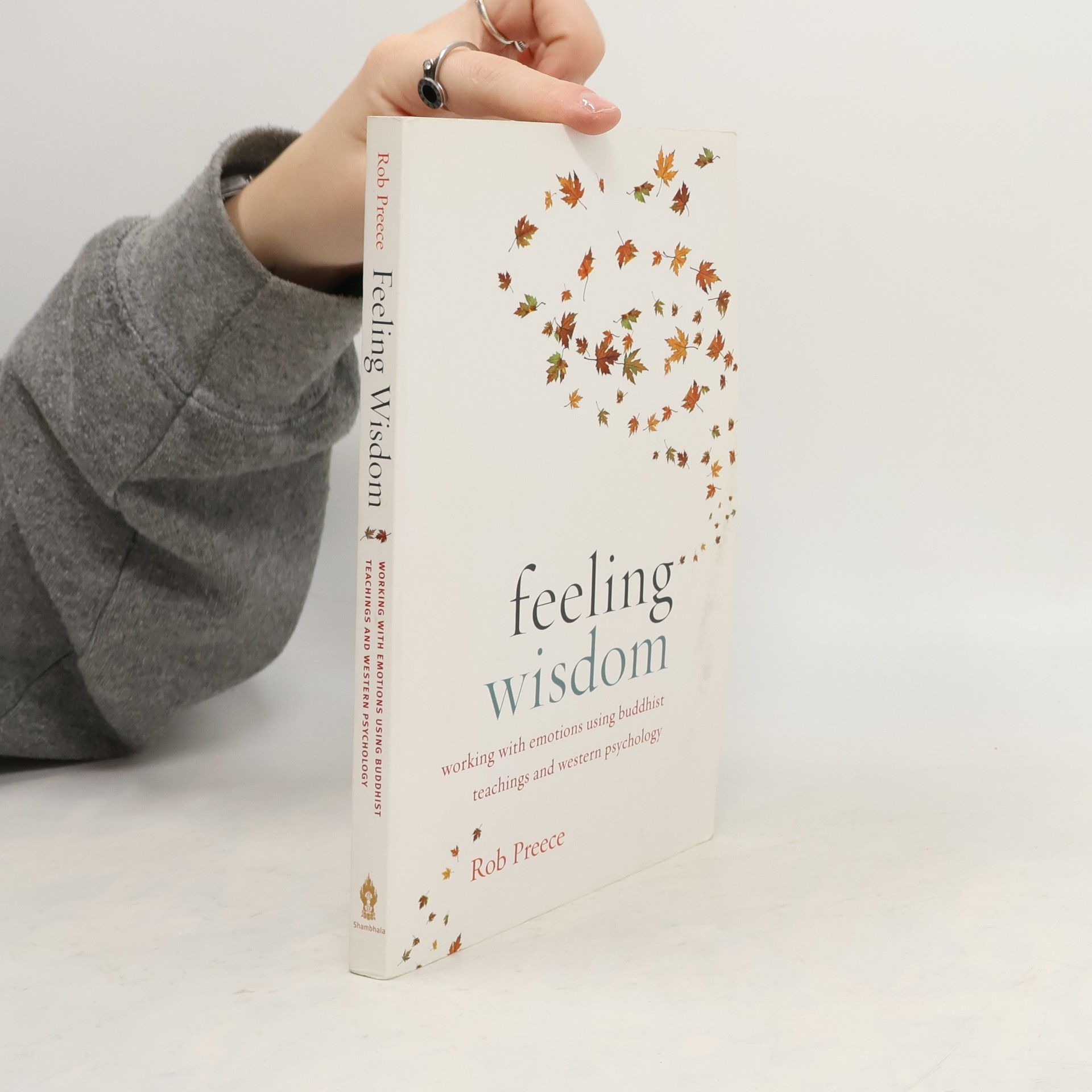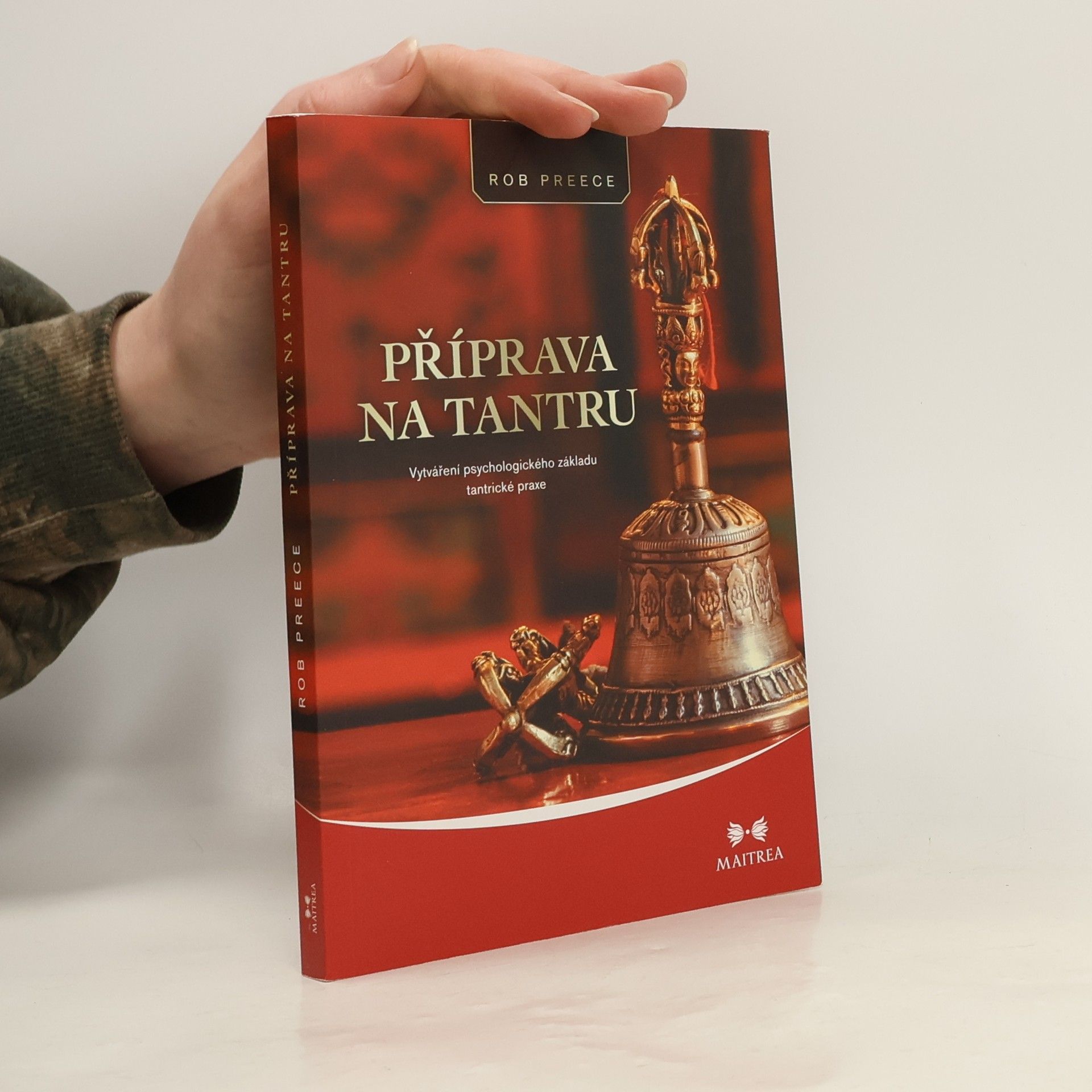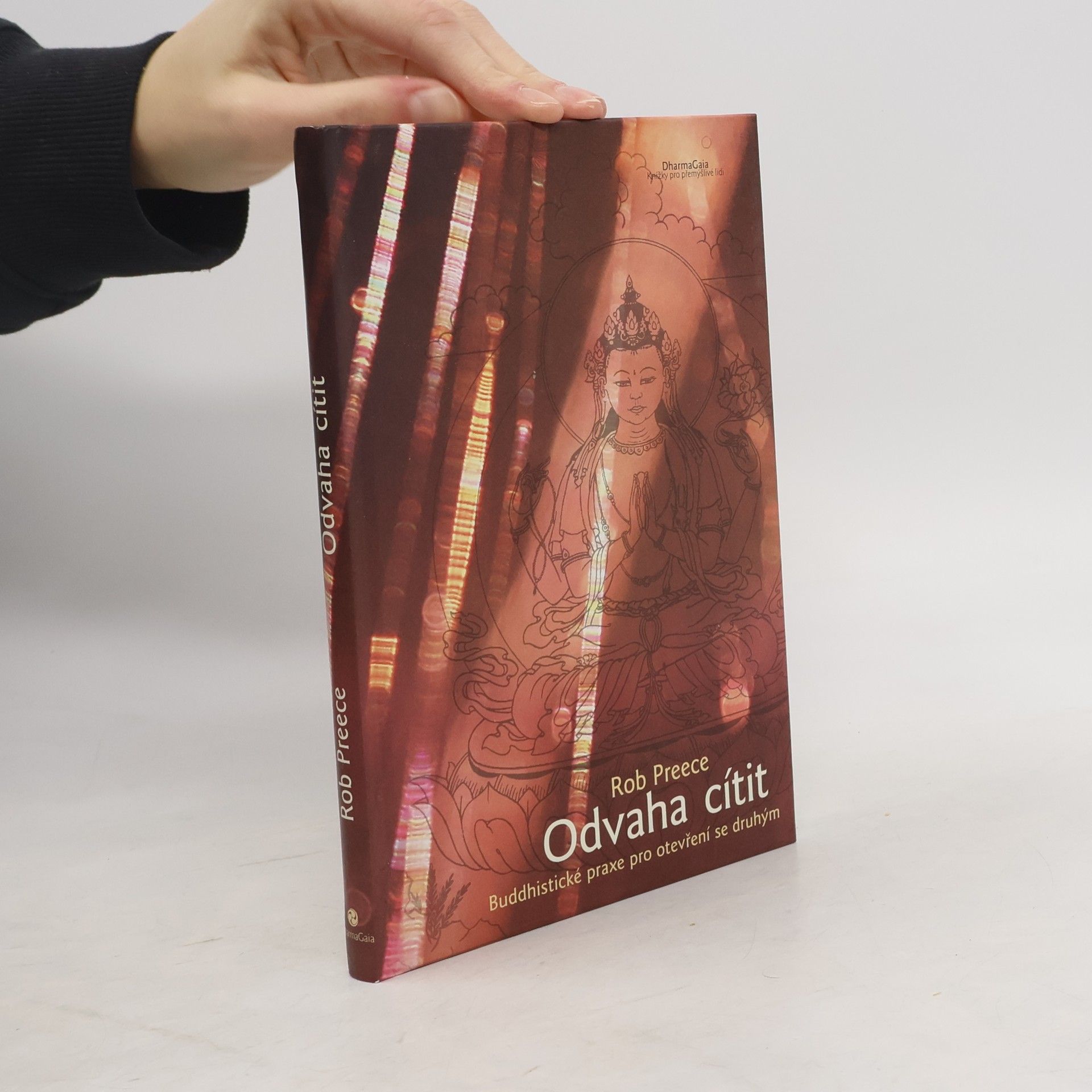Rob Preece Book order (chronological)
Rob Preece has dedicated many years to Buddhist practice, particularly within the Tibetan tradition, undertaking intensive retreats in the Himalayas. His work as a psychotherapist and facilitator of workshops on comparative Jungian and Buddhist psychology stems from a deep understanding of both traditions. Preece masterfully bridges spiritual insight with psychological understanding, offering readers a unique perspective. His writings explore profound themes of the human psyche and spiritual development.

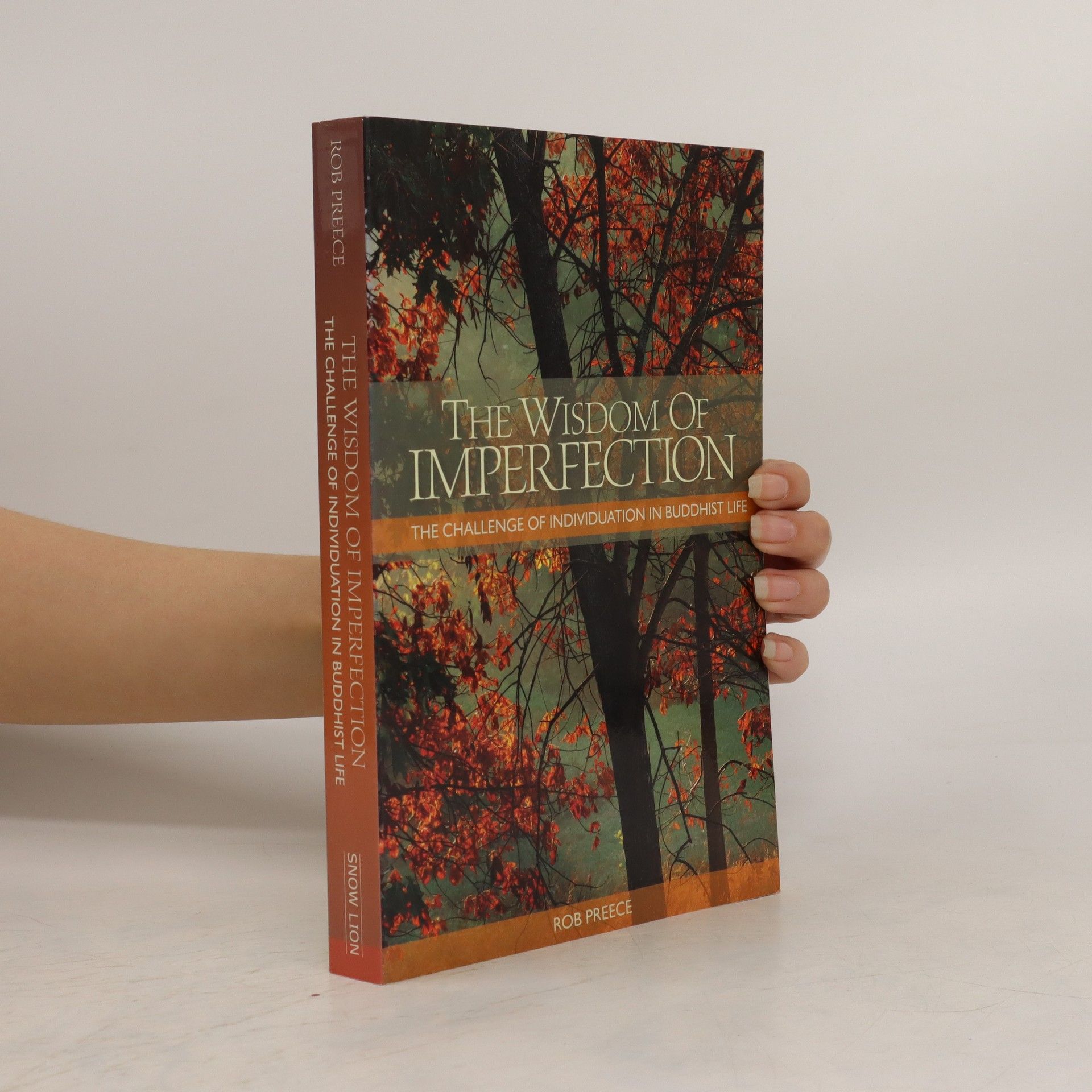
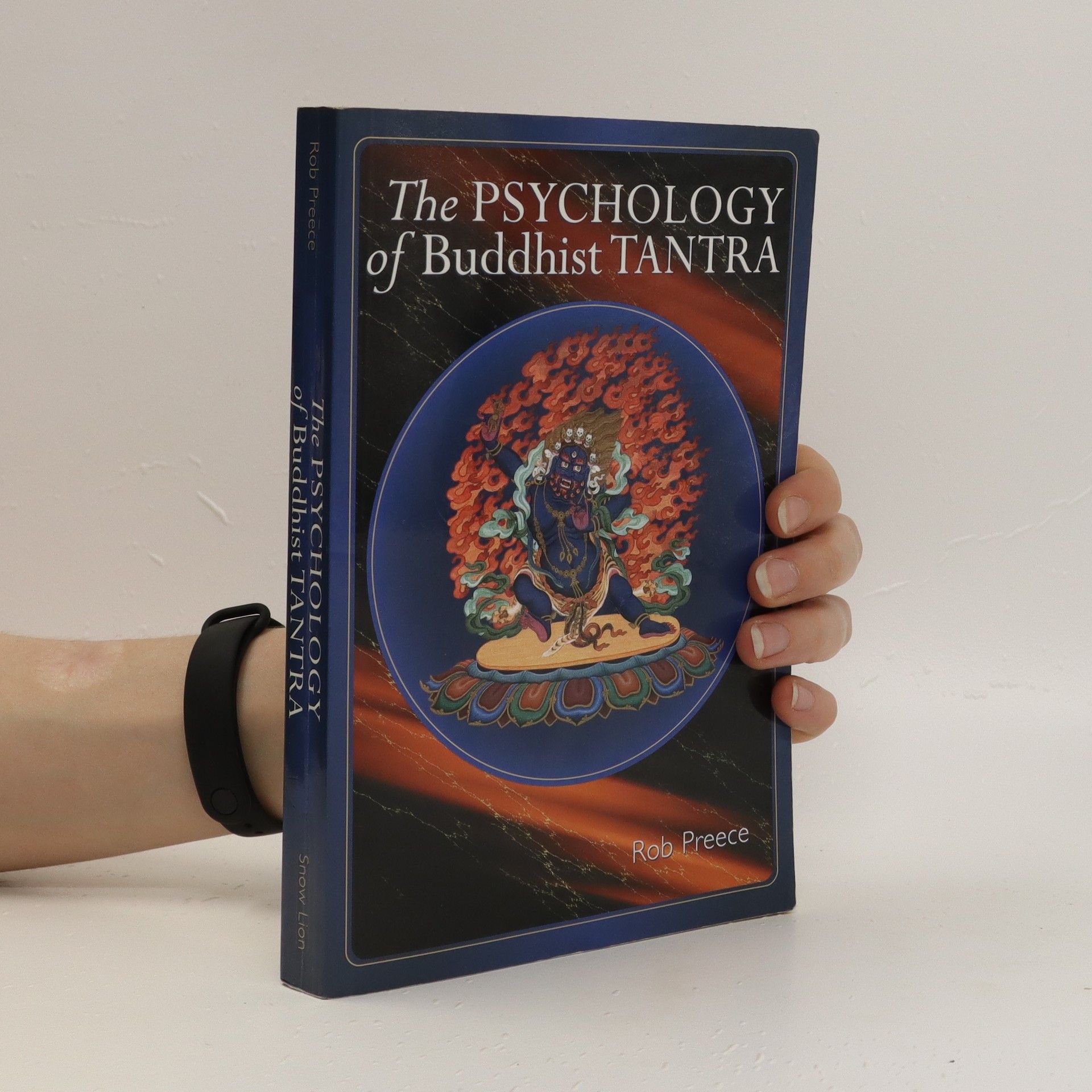



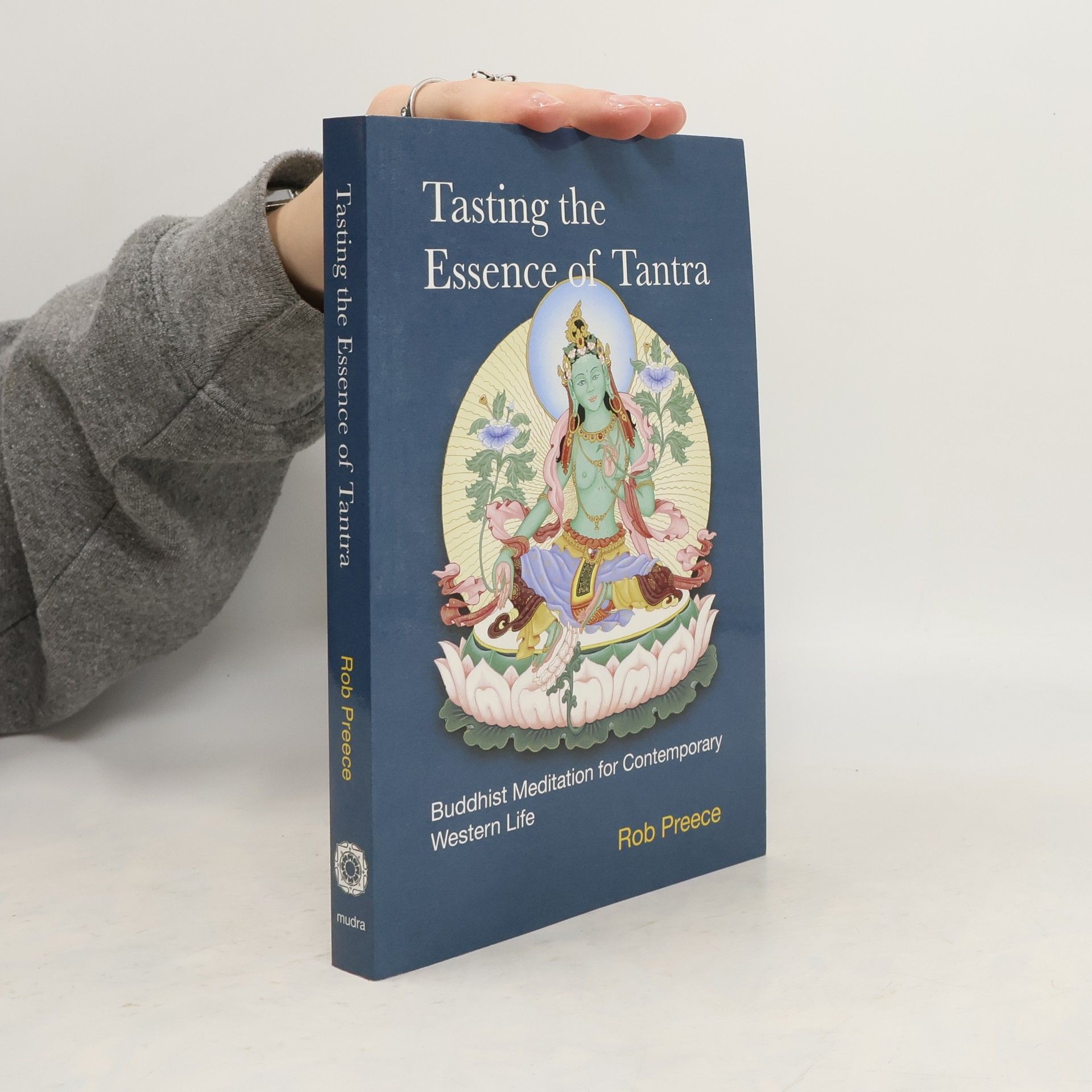
Tasting the Essence of Tantra
Buddhist Meditation for Contemporary Western Life
Rob Preece brings a unique blend of traditional understanding, meditation experience and Western psychology. This will be invaluable to both new and experienced practitioners to enable a deepening of the effectiveness of the tantric path. Tasting the Essence of Tantra introduces an embodied approach to meditation within the Tibetan tantric tradition.Following The Psychology of Buddhist Tantra this book takes us into the subtleties of meditation within the tantric tradition. Tantra is rich and inspiring, but is not simple and can easily become bound up in technicalities and complexity that are hard to navigate. In this book, following the insights of his teacher Lama Thubten Yeshe, Rob Preece, guides us into a way of meditation that can free us from much of this complexity, creating space within practice and enabling us to feel the essence of tantra. He emphasises the need to make an awareness of the body and its energy central to meditation. With years of experience as a psychotherapist and mentor he introduces a way of practice that directly meets our particular Western psychological nature. He gives an invaluable insight into the underlying psychological process many of us can experience within practice.
Blood Star: A Space Vampire Novel
- 202 pages
- 8 hours of reading
In a galaxy where Earth has retreated to a small sphere around Sol, and massive corporations rule the outer stars, just about anything can be bought or sold, including teenage girls. Kari Lorne lived a boring life in a broken-down lab on a run-down planetoid until the Security Corporation decided to eliminate the competition and pick up some slaves. Told by her mother to help her sister, Kari vows to find where she was taken and set her free... but she's got problems of her own... including being converted to a vampire, with a price on her head. Fast-paced space action in a dystopic world where Kari must use every bit of her intelligence, her martial arts training and her leadership skills to survive.
Není nutné vzdát se psychoterapie, abyste mohli následovat cestu buddhismu. Tato kniha může přinést klid do duše těm, kdo mají dojem, že si buddhistické učení a západní psychologie v mnohém odporují. Ukazuje, jak se mohou ve skutečnosti vzájemně doplňovat.
Feeling Wisdom
- 174 pages
- 7 hours of reading
A psychologist and longtime practitioner of Tibetan Buddhism shows how emotions relate to spiritual practice--that our feeling life is truly at the heart of our awakening. The realm of emotion is one of those areas where Buddhism and Western psychology are often thought to be at odds: Are emotions to be valued, examined, worked with as signs leading us to deeper self-knowledge? Or are they something to be ignored and avoided as soon as we recognize them? Rob Preece feels that neither of those extremes is correct. He charts a path through the emotions as they relate to Buddhist practice, showing that though emotions are indeed "skandhas" (elements that make up the illusory self) according to the Buddhist teaching, there is a good deal to be learned from these skandhas, and paying attention to their content contributes not only to psychological health but to deep insight into the nature of reality. He draws on his own experiences with emotions and meditation, through both his training in Tibetan Buddhism and psychotherapy, to show how working with emotions can be a complement to meditation practice.
Am Beginn unseres Weges erleben wir das Fühlen als Teil unseres Alltags. Auf dem Weg ist unser Gefühlsleben das wichtigste Material zur Transformation. Beim Erwachen zu unserer innewohnenden Natur ist Fühlen genauso anwesend, ist aber durch eine radikale Transformation gegangen. Unsere Fähigkeit zu fühlen ist das Herz unserer Erleuchtung, transformiert in eine strahlende Qualität glückseliger Weisheit, die von den universellen Qualitäten von Liebe, Mitgefühl, Freude und Gelassenheit durchdrungen ist.
Příprava na tantru
- 224 pages
- 8 hours of reading
Úvodní tantrické praxe nejsou překážkový běh, který musíme zvládnout, abychom se někam dostali. Je to nesmírně bohatý soubor praxí určených k tříbení a rozvíjení psychického základu žáka. Přinášejí duchovní prožitky a odstraňují problémy a překážky, s nimiž se musíme na této cestě často potýkat. Rob Preece v knize Příprava na tantru líčí své osobní zážitky z tantrické praxe a nabízí mnohé poznatky, které získal jako učitel meditace a psychoterapeut, a zároveň z psychologického hlediska ukazuje duchovní a transformativní význam úvodních praxí. Na každou z nich se podrobně zaměřuje a ukazuje, jak se dají využívat k léčbě a transformaci psychických traumat, a také nabízí praktické možnosti jejich začleňování do běžného života. Jakmile žák tyto praxe zvládne, je psychicky, emocionálně i energeticky připravený vykročit na tantrickou cestu.
Odvaha cítit: Buddhistické praxe pro otevření se druhým
- 156 pages
- 6 hours of reading
Žijeme v době, kdy se hmotný, vědecký a ekonomický vývoj pohybuje na tak vysoké úrovni jako nikdy předtím, a přesto se zdá, že se nám nedaří rozvinout schopnost žít vedle sebe v míru. Díky moderním technologiím máme možnost být okamžitě svědky obrovského utrpení bytostí ve všech koutech světa. Dokážeme však projevit pravý soucit? Dokážeme být opravdově otevření vůči utrpení ostatních? Autor nám nabízí nejen tradiční tibetské meditační praxe určené k rozvinutí soucitu, probuzení mysli a srdce, včetně praxe tonglen, ale též jungovský pohled na tyto praxe i vlastní pojetí způsobu, jak lidé ze Západu mohou využít tyto meditace ke svému prospěchu. Jeho vizionářské propojení Východu a Západu nám pomůže napojit se na vnitřní zdroj soucitu a celistvosti, abychom mohli skutečně rozvíjet altruistický záměr dosáhnout probuzení mysli ve prospěch všech cítících bytostí.
Lama Chopa
- 52 pages
- 2 hours of reading
Lama Chöpa serves as a central practice of guru devotion within the Gelugpa tradition of Tibetan Buddhism, revered for its significance and popularity. Compiled by the first Panchen Lama, it reflects the teachings of Je Tsongkhapa, the Gelugpa founder. This text became integral to the spiritual life of monks in Tibet and Mongolia, with many memorizing and reciting it daily, both individually and in group settings. Its widespread use underscores its importance in fostering devotion and connection within the tradition.
Preparing for Tantra
- 209 pages
- 8 hours of reading
The preliminary practices of Tantra aren't a hurdle to be gotten through in order to get somewhere else; they're an extraordinarily rich collection of practices which have much to offer as a means of cultivating and maturing the practitioner's psychological ground. They can enable experiences to unfold, and they can clear the way when there seem to be problems or hindrances practitioners are struggling with. In Preparing for Tantra, Preece draws on his experience as a Tantric Buddhist practitioner, meditation teacher, and psychotherapist to explain how to make the preliminary practices psychologically meaningful and spiritually transformative. He examines each of the practices with an eye to revealing how they may be used to heal and transform psychological trauma and offers practical suggestions for integrating them into daily life—as well as ensuring that practitioners are prepared psychologically, emotionally, and energetically to start out safely on the tantric path. Preparing for Tantra is an accessible guidebook for engaging in ngondro, the preliminary practices that are done before engaging in a long tantric retreat. These practices are also powerful tools for purifying negativities and alleviating guilt, healing difficult experiences, and enriching our minds with goodness so that we will be able to progress in our Dharma practice and gain realizations of the path.
